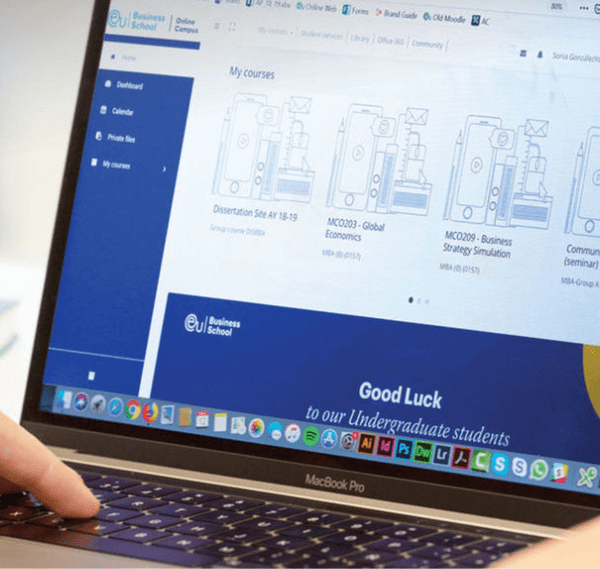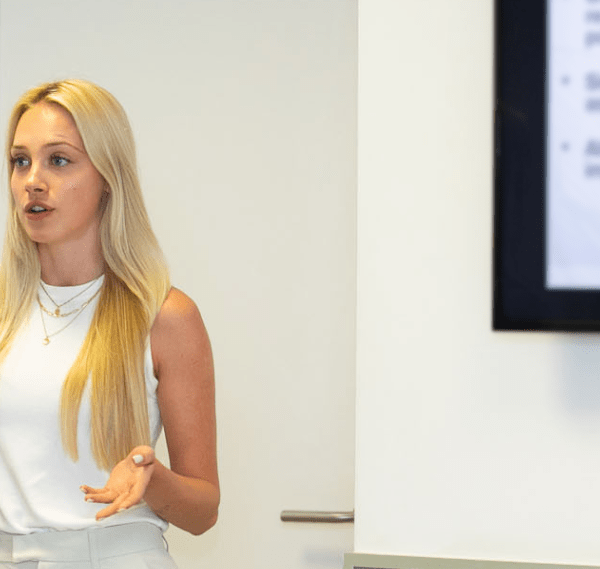Seasoned interviewers frequently start with the question, “So, tell me about yourself?” The question seems to hold a particular challenge for many job seekers because it is so open-ended – and you should be prepared to answer it by talking about your skillset while avoiding your life history.
Many other questions will come up which help to showcase your suitability for a specific job. After all, this is what good interviewers want to uncover: What value do you bring to the table? What’s in it for them? And that’s what you should be talking about.
10 Interview Questions
Some job interviewers are better trained and skilled than others, and you might want to avoid a company that tries to recruit a business analyst with the question: What is your favorite karaoke song? Or: Name seven uses for a paperclip.
(On a side note, even those seemingly “weird” questions have a purpose, but that’s another topic)
So, let’s get to the questions that will showcase your skills. All these questions require preparation, some introspection, and the ability to think on your feet. If you know your CV backward, have researched the company and studied the position description thoroughly, and have built up a stockpile of examples and statistics to support your achievements, you should be confident of a winning narrative.
- “Tell us about a challenging project you’ve worked on and how you overcame obstacles.”
The “STAR” technique is useful here (and elsewhere):
- Situation: start by describing the situation, giving necessary – but concise – details
- Task: describe your role and responsibilities in the situation, and any collaboration, if relevant
- Action: describe what action you took to address the problem
- Result: what was the outcome?
The STAR technique should be used to answer any question requiring you to tell a story about your behavioral response to a situation. Have a few of these (real) situations prepared in your mind, and tell your story with confidence and enthusiasm. Relate your story to the job at hand, if possible.
- “What skills and experiences make you a good fit for this position?”
This is where your knowledge of the company (gleaned from online research and talking to current employees and customers, if possible) comes in handy. Use the job description for which you’re applying to prepare your story.
One of the golden rules of good writing, which applies equally to good storytelling, is “Show, don’t tell”. Showing illustrates, telling merely states. You need to paint a picture for your interviewer by relating real examples using numbers and feelings.
- “How do you handle tight deadlines and multiple priorities?”
Behind this question is an assessment of your response to pressure and stress, and your use of time management and organizational skills. Have some illustrative examples to show how you’ve remained calm under pressure. Remember that in today’s world of work you don’t score points by boasting that to accomplish the task you worked overtime, all weekend, and throughout your annual vacation – even though this may sometimes be expected!
- “Describe a situation where you had to resolve a conflict within a team.”
If you’ve had no experience with such a situation, you may have to address the question hypothetically, but that doesn’t prevent you from preparing an answer. You could, for example, relate a situation you observed and how you might have handled it differently. It’s a sign of emotional intelligence that you can manage workplace conflict fairly and impartially by being proactive, creating a healthy workplace environment, and focusing on individual and team objectives and achievements.

- “What do you consider your biggest professional achievement?”
The job interview is not the time to be humble. Your chosen example should be significant, and supported by numbers – what was the measurable impact on the business? If it is relevant, relate this achievement to what you could bring to this organization, if employed.
- “How do you stay updated with industry trends and developments?”
Continuous Professional Development is a given in today’s rapidly evolving world. Branson said that a company that stands still will soon be forgotten. It’s the same with people.
- “Can you walk us through your approach to problem-solving?”
You should have learned these techniques in Management 101. You may touch on some theories and methods (Root Cause Analysis, 5-Whys, lateral thinking, design thinking, etc.), but giving an example of how you approached and solved a real problem would be much more powerful.
- “What interests you about our company and this role specifically?”
A recruiter’s head is on the block if they recommend a bad “corporate fit”. During the interview, they assess whether you share the mission and values of the organization you hope to join. Your role is to have done enough homework to reflect to the interviewer your understanding of what that mission and value system is.
- “How do you adapt to changes in technology or work processes?”
Such a key question these days. Are you up to speed with AI for everything, Big Data, coding, Apple Vision Pro, chiplets – the list changes weekly! Darwin was right when he said survival is not about strength or intelligence; it’s about being responsive to change.



- “Do you have any questions for us about the company or this position?”
Whatever you do, prepare at least three questions for the interviewer at the end. It’s your opportunity to make sure that this job is for you. These questions can be about the work itself (Will my role change in the next six months?); about the team (Who will I collaborate with? In which departments?); about your boss and his role (How long have you been with the company? What do you like about it?); and about the culture (How do you measure and reward performance?).
You don’t want to ask questions about salary, starting date, health insurance, or leave policy at this point in the process. You haven’t got the job yet.
Final Thoughts
First impressions count. Be yourself, certainly, but be the best version of yourself.
EU students get personal guidance from the EU Career Services when preparing CVs and ensuring they’re interview-ready. To find out more about EU Business School, and how we prepare our students for career success, click here.









